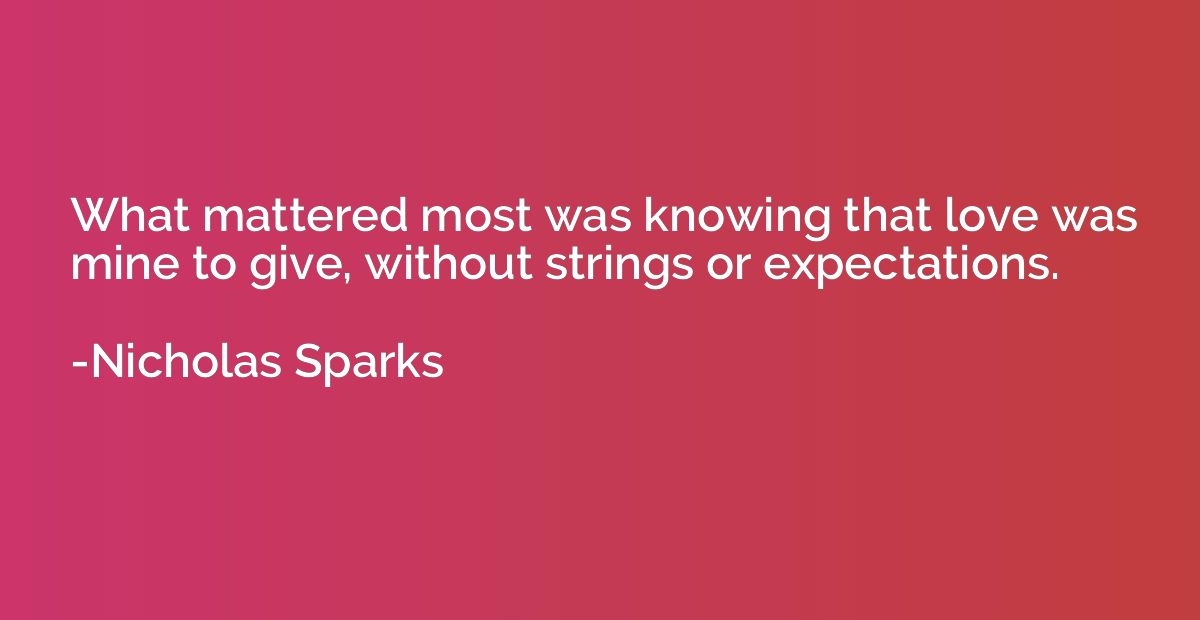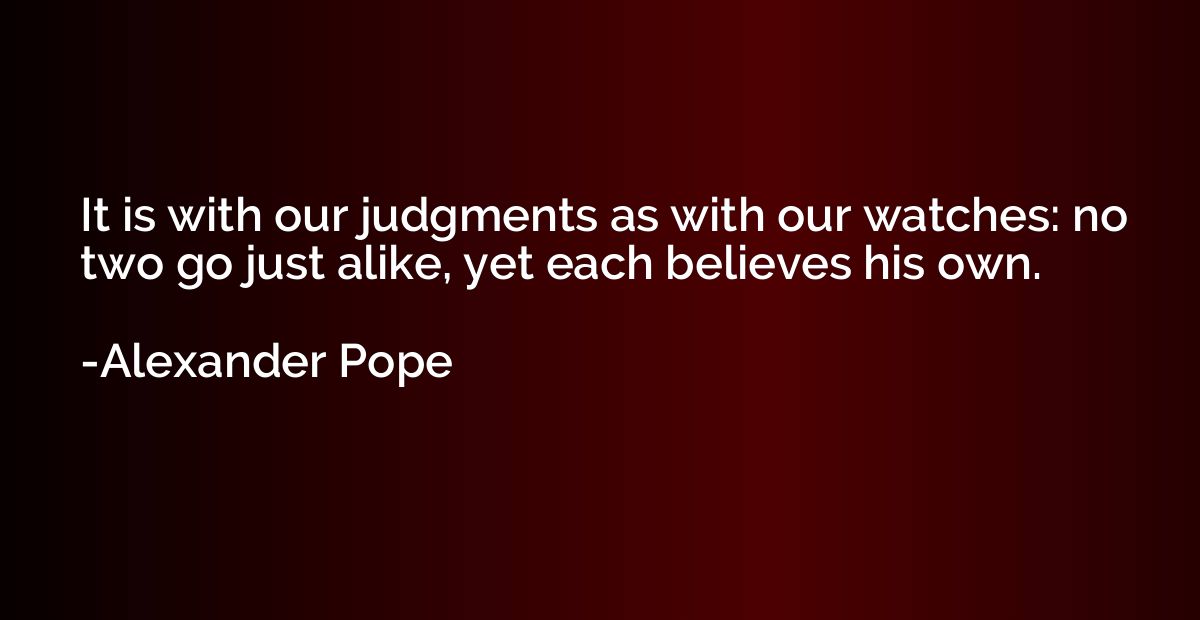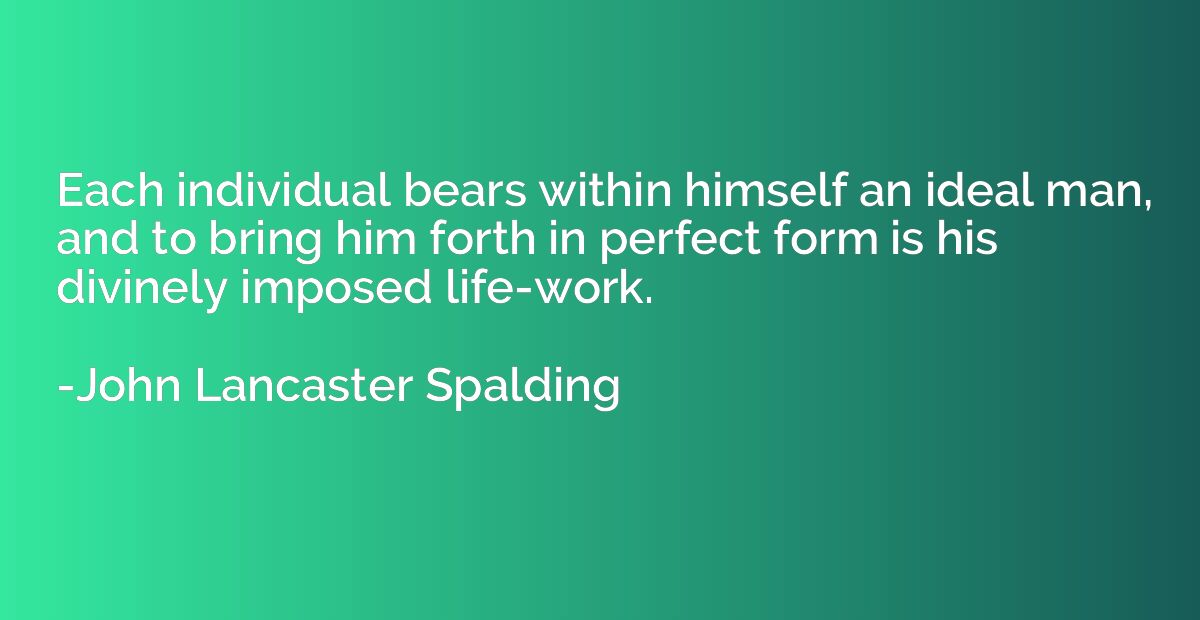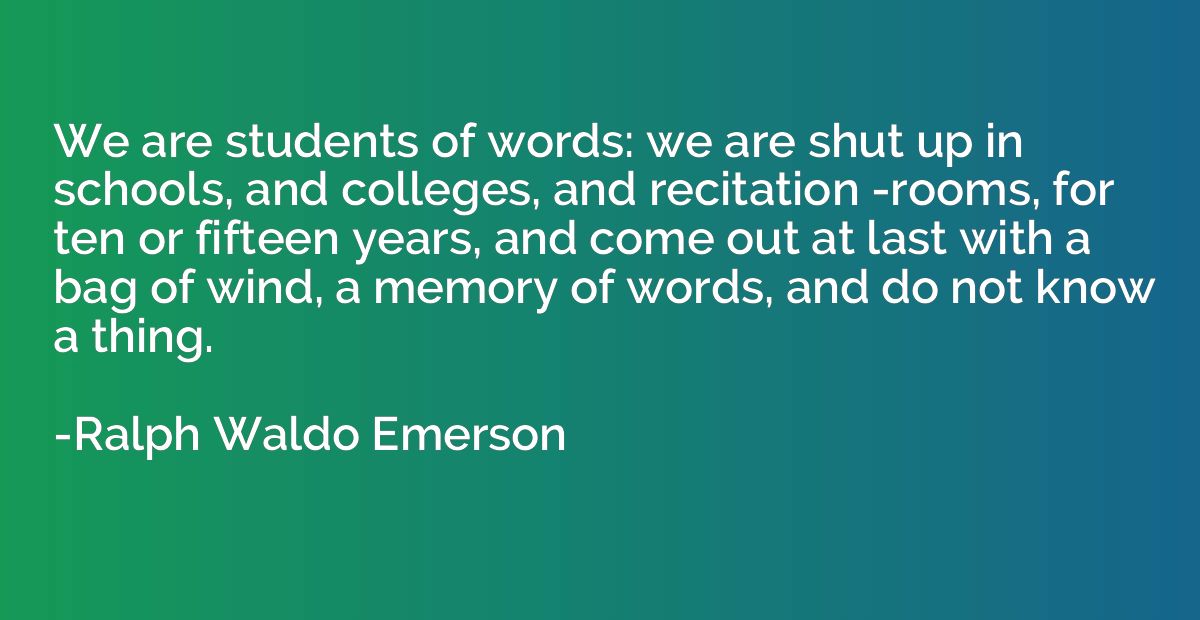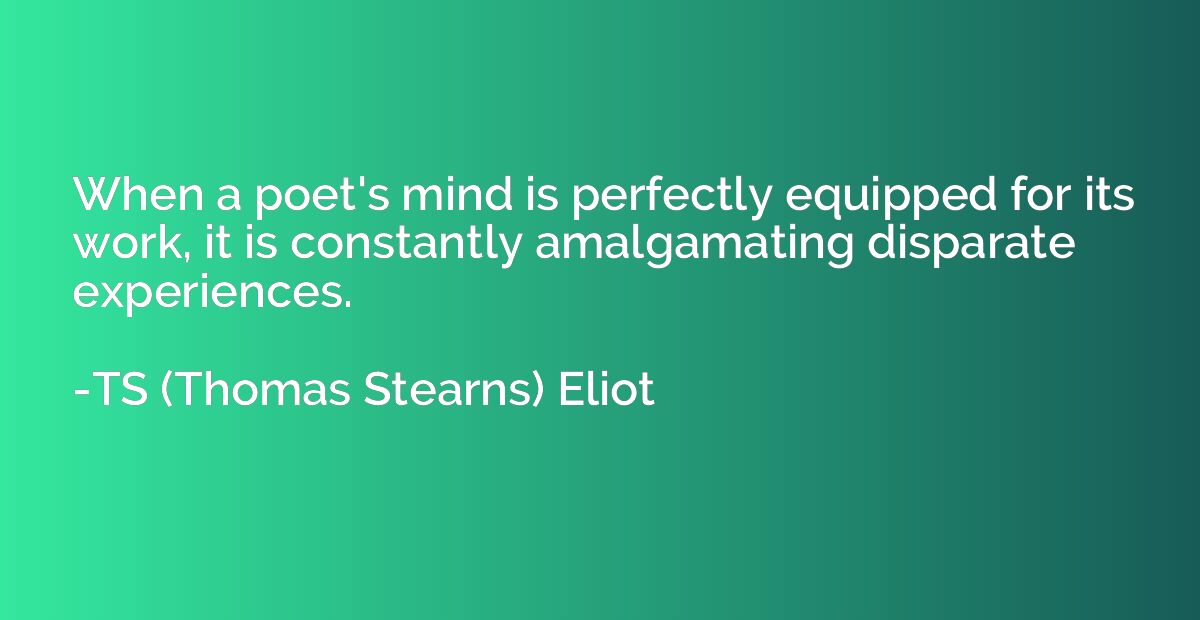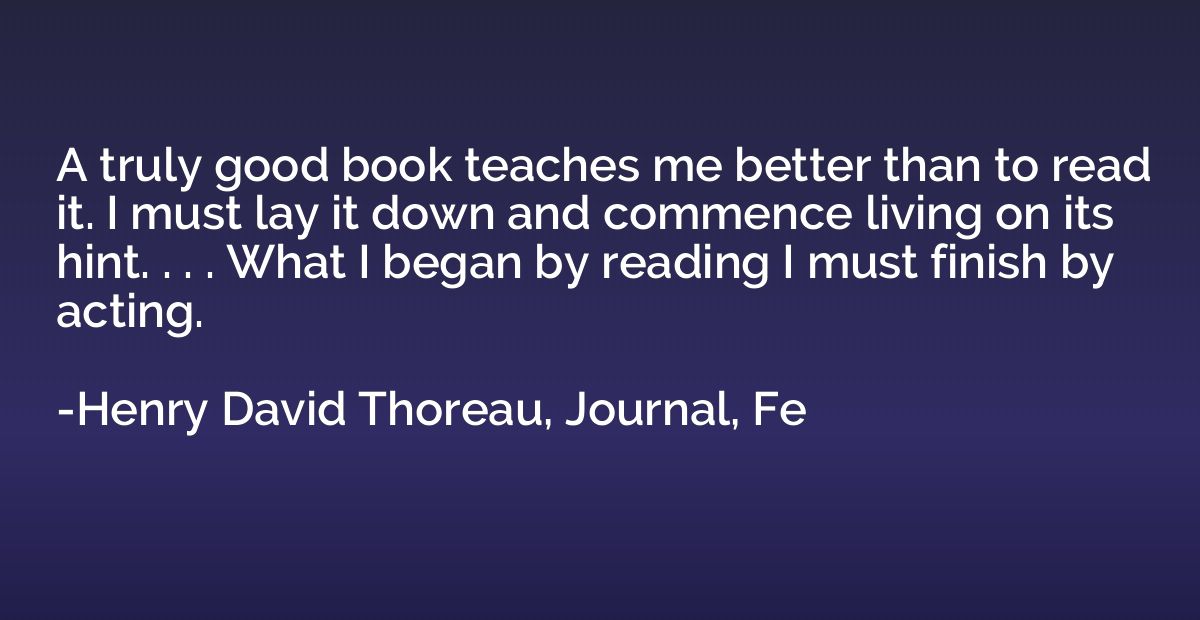Quote by Jerry Saltz
It took the Metropolitan Museum of Art nearly 50 years to wake up to Pablo Picasso. It didn't own one of his paintings until 1946, when Gertrude Stein bequeathed that indomitable quasi-Cubistic picture of herself - a portrait of the writer as a sumo Buddha - to the Met, principally because she disliked the Museum of Modern Art.
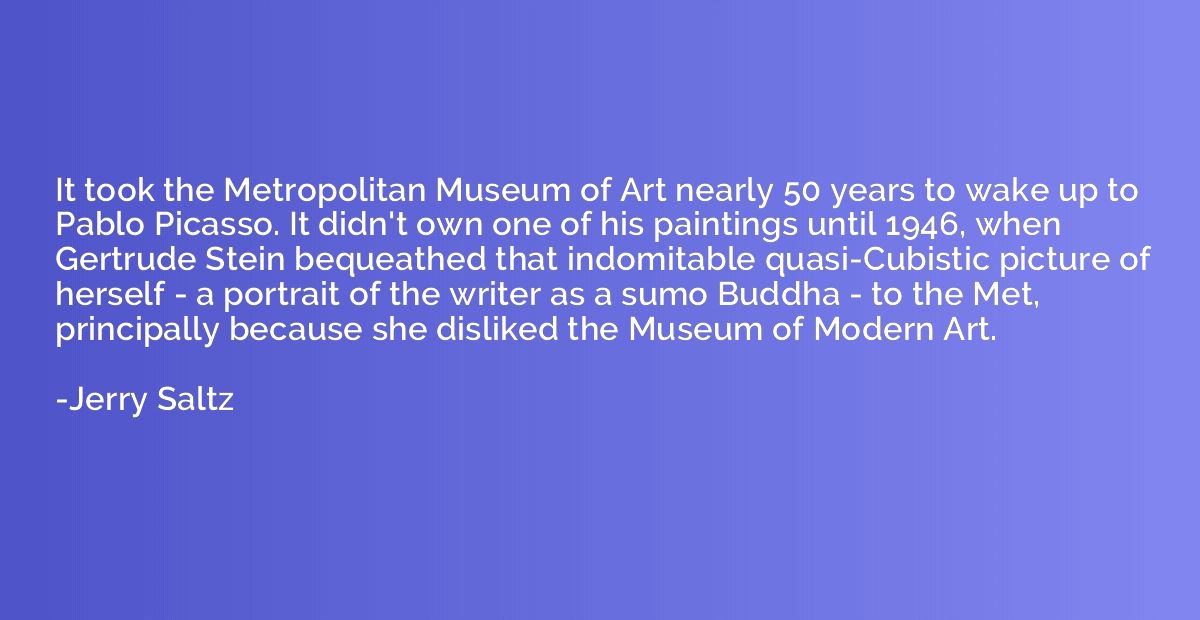
Summary
This quote highlights the delayed recognition and acquisition of Pablo Picasso's artwork by the Metropolitan Museum of Art. It emphasizes that it took nearly five decades for the museum to acquire a Picasso painting, with the first acquisition happening in 1946. The artwork titled "quasi-Cubistic picture of herself" was bequeathed to the Met by Gertrude Stein, a writer who preferred the Met over the Museum of Modern Art. The quote underscores the museum's belated appreciation for Picasso's artistic genius and the circumstances that led to the acquisition.
Topics
Art
By Jerry Saltz



